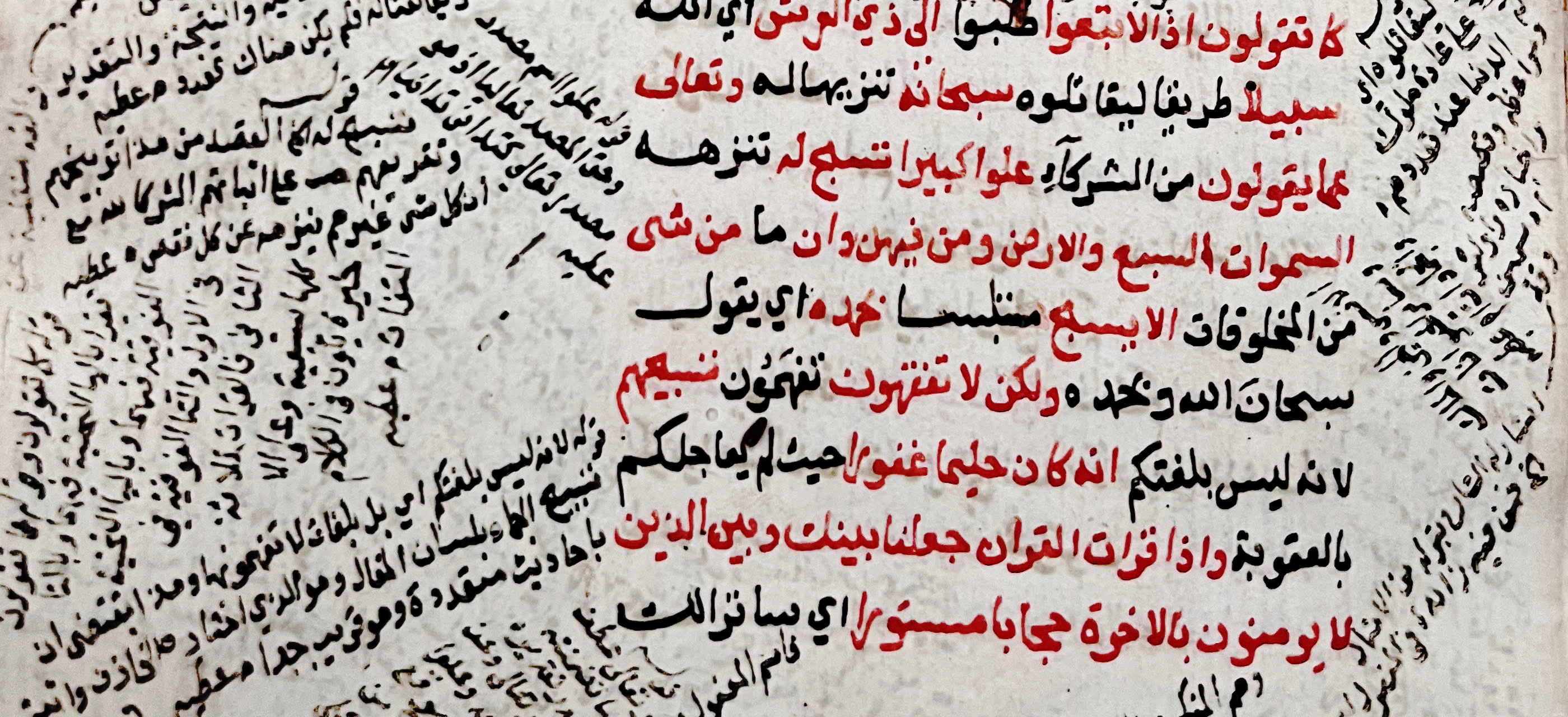Devout Heretics: The Barghawata in Maghribi Historiography
Contenu
- Titre
- Devout Heretics: The Barghawata in Maghribi Historiography
- Auteur
- Iskander, John
- Date
- 2007
- Résumé
- From the mid-eighth century to at least the mid-twelfth century, a Berber people known as the Barghawata existed increasingly uncomfortably on the western fringes of North Africa. The medieval Arabic histories depict them in ways that show an increasing ambivalence towards their distinctive religious practices, eventually leading to utter condemnation. Yet these same histories preserve depictions that show that the Barghawata were not always thought of as heretics to be vanquished. The historiographic shift charted here is reflective of several dynamics. Some are broad, such as the increasingly uniform ideal of orthodoxy in the region; others are specific, such as the Marinids’ quest for a legitimising ideology, which led scholars to rethink aspects of the tribal past, as well as encouraging the rulers to support the growth of madrasas in Tunisia and beyond. The Barghawata’s image was increasingly reduced to a caricature, one that was subtly contradicted by the earlier sources.
- Langue
- eng
- volume
- 12
- numéro
- 1
- pages
- 37-53
- doi
- 10.1080/13629380601099484
- issn
- 1362-9387, 1743-9345
Position : 5864 (41 vues)

